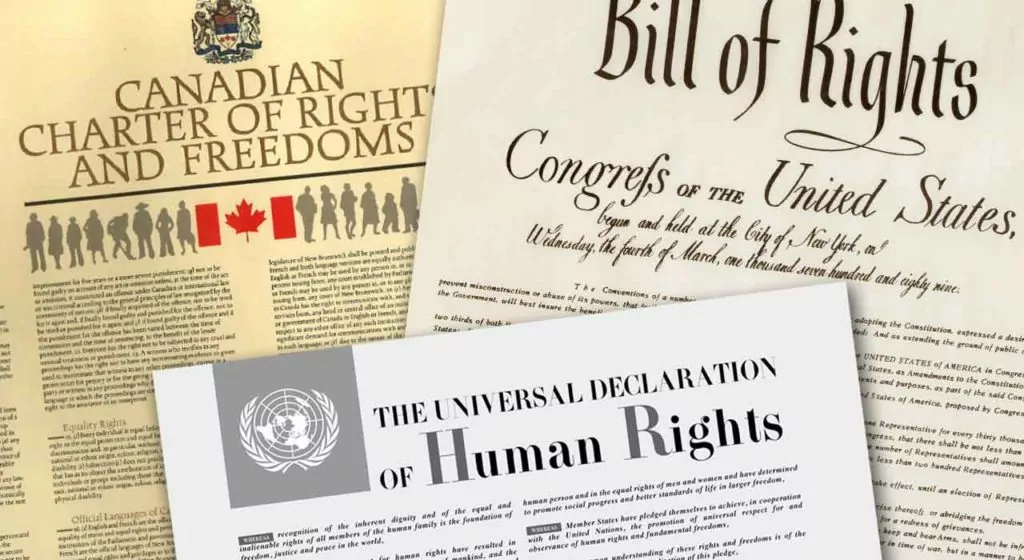Another economic principle Christian teens (& adults) need to know
*****
An important aspect of economics is counting the costs of an action or purchase, and, on the flipside, also evaluating the benefit that could result. With these two concepts, cost and benefit, we can understand how people make their decisions. When the benefit of taking an action is greater than the cost, people will take that action.
For example, if buying a soda would bring you $3 worth of enjoyment, but it only costs $1, then you’ll choose to buy the soda. And afterwards, if you’ve had your fill of soda, you might hardly enjoy another soda, and perhaps value it at just a quarter. So of course you then won’t buy it for $1.
What is “marginal thinking”?
This example illustrates the meaning of the concept of marginality. When economists use the term “marginal benefit,” they are referring to the benefit added by the last unit purchased – in this case the last soda.
 Another example: when you decide whether to work for another hour, you don’t consider the cost and benefit of all the hours you already worked. Instead, you consider the cost and benefit associated with the final (or marginal) hour under consideration.
Another example: when you decide whether to work for another hour, you don’t consider the cost and benefit of all the hours you already worked. Instead, you consider the cost and benefit associated with the final (or marginal) hour under consideration.
So when you “think marginal,” then think about the cost and benefit of “one more unit.”
And whether people realize it or not, we all engage in marginal thinking. Imagine you’re deciding to buy an ice cream cone. Let’s say a single scoop cone costs $2, and every additional scoop costs 50 cents. When deciding whether to buy a single scoop you have to compare how much benefit you get from the single cone to the cost of the cone ($2). So long as you value the single scoop cone at more than $2 you buy it. When the marginal benefit of an action is greater than the cost, people will do that action.
What about the second scoop? Well, each scoop is 50 cents, so you’ll choose to buy the second scoop if you enjoy it at a value more than 50 cents. You’ll keep purchasing more scoops but at some point, another scoop just won’t be worth another 50 cents to you, so you’ll stop.
Why does it matter?
So hopefully you understand marginal thinking, because now we have to consider why it matters. Marginal thinking is valuable in all sorts of applications.
For students, marginal thinking can help you prioritize your studying. I always tell my students that, if their goal is a good GPA, they shouldn’t spend much time trying to improve their grade from a 96% to a 98%. Why?
First, both grades are an “A” so the marginal benefit to your GPA is nothing. Also, once your grade is already high, it’s much more difficult to move it up. Therefore, the cost is high and the marginal benefit is low.
Most students would be better off dedicating their time to working on a class where they have a 79% since the cost is lower – just a little more study could boost them up a letter grade – and the marginal benefit is higher.
In Luke 16, Jesus tells the story of a man who manages the money of a rich man. The manager is going to be fired because of his wasteful practices. When he discovers this, he forgives the debtors of his master to make friends before he’s fired. Jesus tells us in Luke 16:8a, “The master commended the dishonest manager because he had acted shrewdly.”
In 16:9 He goes on to give the meaning of the parable, “I tell you, use worldly wealth to gain friends for yourselves, so that when it is gone, you will be welcomed into eternal dwellings.” The point of the parable is not that we should be dishonest in our dealings. Instead, it’s that we should use our resources shrewdly for the Kingdom. Christians are called to be good stewards of the resources we are given, which includes our time. As the studying example above illustrates, effective use of time requires the ability to consider the relevant costs and benefits of a given decision.
There’s a “good” amount of pollution and crime?
Marginal thinking is also valuable when it comes to thinking about policy. Economists have a pithy saying: the efficient amount of anything is not zero. It’s tempting to believe bad things should be eliminated completely. For example, many people would likely support the phrase, “politicians should eliminate pollution.”
But imagine what it would mean to eliminate the very last “units” of pollution. Almost every vehicle, either personal or those used for transporting goods and services, relies on some form of pollution to operate. If we had zero pollution, our grocery stores would receive zero food deliveries because we wouldn’t have semi-trucks, and they would receive zero visits from us, because we wouldn’t have cars. Elimination of all pollution, at least at this point, would result in most of humanity returning to subsistence conditions – the cost is too high, and thus that is a “purchase” we shouldn’t make.
Of course, some pollution should be eliminated. If a factory is dumping toxic waste into a public river, the cost of allowing the pollution to continue is very high.
As strange as it might sound, the efficient amount of crime is also not zero. Imagine how much money and how many resources would need to be spent to ensure zero crime. We’d need a police officer on every street corner 24/7. Think of how high your taxes would need to be to support those pensions! Surely taxpayers have other priorities with higher marginal benefits than preventing some minor traffic violation.
No Nirvana naivete
This sort of logic can be summarized neatly by saying economics as a field is inherently opposed to the Nirvana fallacy. The Nirvana fallacy is the mistake that is made when people compare the real world to an unrealistically ideal alternative.
We would all like to get a grade of 100% in every class and live in a world without crime or pollution. But these are unrealistic desires for this world.
A solid understanding of marginal analysis complements the Christian understanding of our fallen world. When politicians offer us a vision of a world where all bad is eliminated, a clear understanding of marginal analysis provides us with an argument for why such a world is out of reach.
Economists Armen Alchian and William Allen rightly summarize this in the foreword of their book Universal Economics. They say:
“since the discouraging fiasco in the Garden of Eden, all the world has been a place conspicuous in its scarcity of resources, contributing heavily to an abundance of various sorrows and sins. People have had to adjust and adapt to limitations of what is available to satisfy unlimited desires.”
In sum, marginal thinking helps us better understand the nature of our own decisions. When applied properly, this way of thinking provides a more sober view of the important decisions we make in our personal lives and in the public square.
Peter Jacobsen is an Assistant Professor of Economics at Ottawa University and the Gwartney Professor of Economic Education and Research at the Gwartney Institute. He has previously written for both the Foundation for Economic Education and the Institute for Faith, Work, and Economics.












